The National Sports Festival is upon us in Nigeria. My friends, several co-Olympians based in the United States, have called to inform me they will be in Abeokuta for the 22nd edition of the Games that hold sweet memories for me as an athlete.
I am a product of the First National Sports Festival. I was invited to the national team of Nigeria, the Green Eagles, as a result of my participation and performance at the festival of 1973 in Lagos. I represented Western State in football. I also participated in the 1975 festival, also in Lagos.
Preparatory to participating in the ‘73 Games, I played my first international match and scored my very first international goal when the Western State festival team, called Western Lions at the time, played against Central Africa Republic, CAR, in a friendly match at the Liberty Stadium, Ibadan, on the eve of the Games. Looking back now, I wonder how a regional team played a national team, and what links existed between Western Nigeria and the CAR to make such an arrangement possible.
The Western Lions won by 3-0. It was my first experience of playing under flood lights. The Liberty Stadium had one of the best football turfs in the world at the time, the quality of its grass and maintenance regime comparable to any of the best grounds in Europe today! It also was the first stadium in Africa (and most of Europe) with an underground tunnel for players leading onto the pitch.
That was my baptism into football at the highest level in Nigeria, my breakthrough psychological moment when I started to believe I was good enough, and my platform to the national team, the Green Eagles, in December of 1973.
My journey in football, thereafter, is now history.
I was 21 at the time, a student on compulsory one-year Industrial Attachment at WNTV/WNBS (now you know where my interest in radio and television was implanted) and later, Western Nigeria Housing Corporation, both in Ibadan.
I was the newly crowned ‘Best Player of the Ibadan Football Association, IFA, league, the biggest in Western Nigeria at the time, when I was invited to join the Western State Festival team preparing for the ‘73 Games.
The camp was in the main campus of the University of Ife (now Obafemi Awolowo University), Ile Ife. The university had some of the best sports facilities for training in the country with a very robust Physical and Health Education department.
I also participated in the 1975 Games in Lagos.
The National Sports Festival was, and has remained, the biggest sports event in Nigeria. Outside the All-African Games, it is the biggest sports event in Africa. For the 22nd edition in 2025, to be hosted by Ogun State in two weeks’ time, there shall be an estimated 12,000 athletes and 3000 officials in 32 different sports.
The Festival was introduced into Nigerian Sports as a soft-power tool by the federal government to drive reconciliation, reintegration and restoration after the bloody Civil War in Nigeria between 1967 and 1970, and to kick-start an authentic youth engagement and development program through Sports. Both objectives were achieved very quickly, indeed.
The National Sports Festival, has a rich history. It was conceived as a bi-annual event to take place in any one of the Nigerian States chosen through a bidding process.
That two-year sequence has not been consistent following the failure of some States to meet deadlines and to deliver needed facilities on time. A few States lost their hosting rights as a result, creating disruption in the scheduled dates. That’s why only 21 editions instead of 25 have taken place in 52 years!
Principally though, the Festival was to discover young sports talents in the country to drive a new sports mission to make Nigeria the Giant of Sports in Africa.
The Federal Government’s investment in sport from 1971 was massive. It started with the establishment of a National Sports Council that became the National Sports Commission; the construction of the biggest sports complex in Africa at the time – the modern, magnificent and beautiful National Stadium Complex in Lagos; the revival of the Ghana/Nigeria Sports Festival; and the hosting of the 2nd All-Africa Games in Lagos. All of these under two years from conceptualization to delivery.
Sport was a major part of the federal government’s plan to engage the exploding youth population and to create opportunities for them in the growing global sports industry. A channel was opened for Nigerian student/athletes to pursue the combination of education and sport both locally and internationally. With offers of
scholarships, young Nigerian athletes started to migrate abroad into more developed sports cultures funded entirely by government. The National Sports Commission also built domestic institutions and facilities in Nigeria, and cultivated relationships with the big centres of sports in various parts of the world including, China (table Tennis, badminton, and squash), Bulgaria (Wrestling and Weightlifting), Cuba (Boxing), the USA (Track and Field, boxing, basketball); Germany (National Institute for Sports, football and capacity training); Brazil (football) and so on. Nigeria hired some of the best coaches from different parts of the world.
The 1970s and 1980s were the golden era of Nigerian sports, with the National Sports Festival as the flagship program.
The National Sports Commission and its various national sports associations were new, with new administrators that were eager for success and full of hope and dreams. The sports associations were active in developing those discovered from the festival and introducing them into elite programs. The years for almost three decades were very progressive and productive, laying a good foundation for the successes achieved, despite occasional hitches along the way.
Since then, and for almost three decades till now, the festival has suffered deviation from several of its original goals and objectives, with narrow-minded administrators introducing formats and rule changes not designed for progress but as part of a strategy to win unfairly by all means.
The past three decades are, therefore, littered with reports that have not been complimentary to any national sports development.
Ogun State hosted the 2006 edition. It was a cultural feast, often considered one of the best in terms of its economic and social impact on the State. The same cannot be said of the Games impact on the State’s sports.
The State is back again, hurrying to complete facilities and programs that will make the 2025 edition even more memorable for all those that will descend on the state like locusts to celebrate a feast that will would hopefully include sports this time to its goal of a great spectacle.
I cannot wait to be a part of that experience! Let the Games begin!!
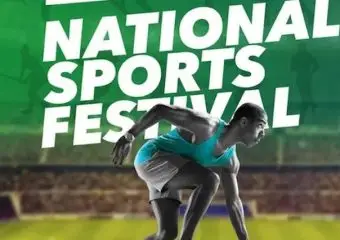
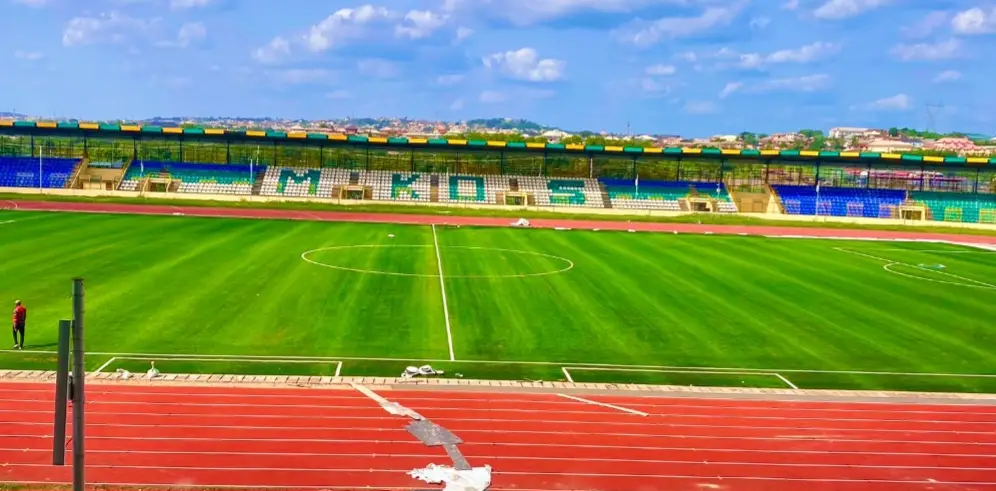
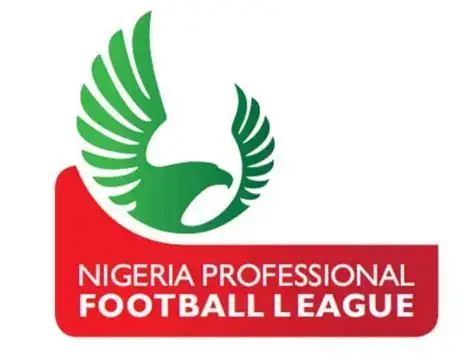
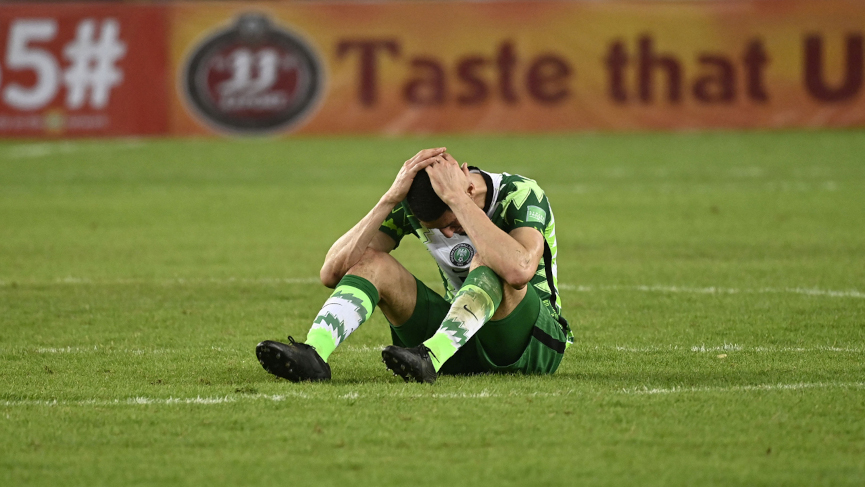

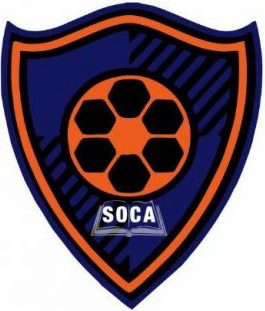



Latest Comments